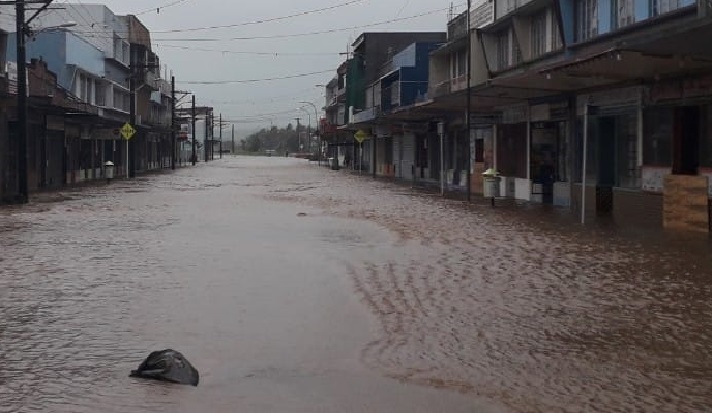The number of leptospirosis cases more than doubled in Fiji in 48 hours during which three more deaths were recorded.
Between 8am Monday and 8am yesterday, cases increased from 74 to 179, of which nearly 80 percent were from the central and western divisions at 65 and 73 respectively. Three cases were reported in the eastern division and 38 from the northern division.
Total fatalities since January have increased to 14 – with 12 in the West, one each in the central and northern divisions.
“The majority of hospital admissions in the Western Division are from Ba, Nadroga/Navosa, Rakiraki, and some parts of Lautoka. The majority of admissions in the Central Division have been from Serua/Namosi, Wainibokasi, and Tailevu. As previously reported, delay in accessing care has been noted to contribute significantly to these adverse outcomes,” the Ministry of Health said in an update.
“In Fiji, leptospirosis is endemic and is common in both rural and urban areas where there is exposure to the urine of animals such as rats, pigs, cows, and dogs, and where there is frequent flooding, or poor drainage, resulting in people walking through muddy ground or waters. Every year we get an increase in cases noted during the wettest months from November to April.”
Males aged between 20 and 49 years are in the high-risk group, clinical and epidemiological data show.
“Young iTaukei males are overly represented in cases and severe outcomes. The disease however can however infect anyone as the risk is mediated by greater occupational and recreational exposure to animals, soil, mud, and water.
Of particular note is the playing of sports on muddy flood-affected grounds. Other risk factors include farming, working outdoors or in abattoirs; living in households that have rats living nearby; raising pigs at home, or the presence of pigs in the community.”
Photo: File









